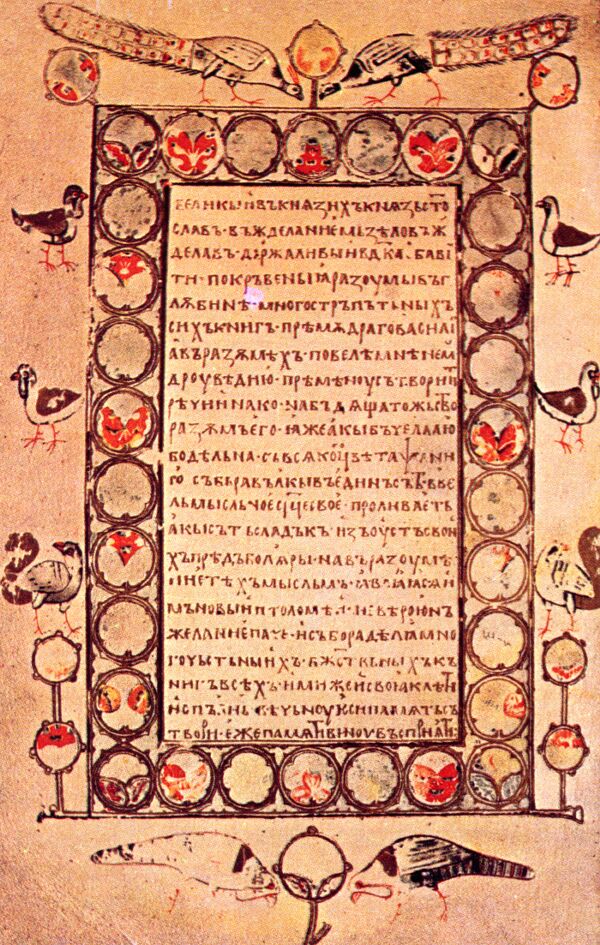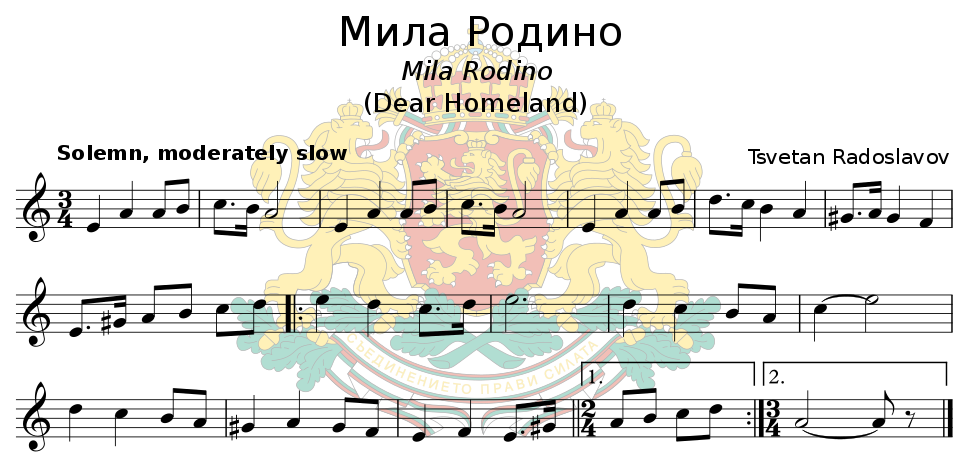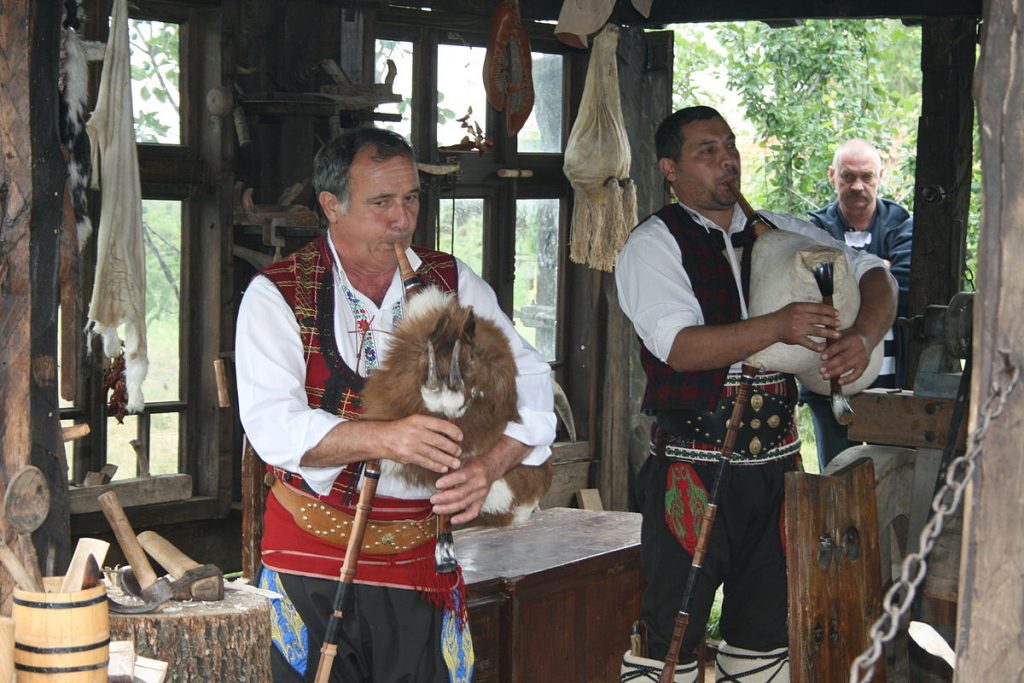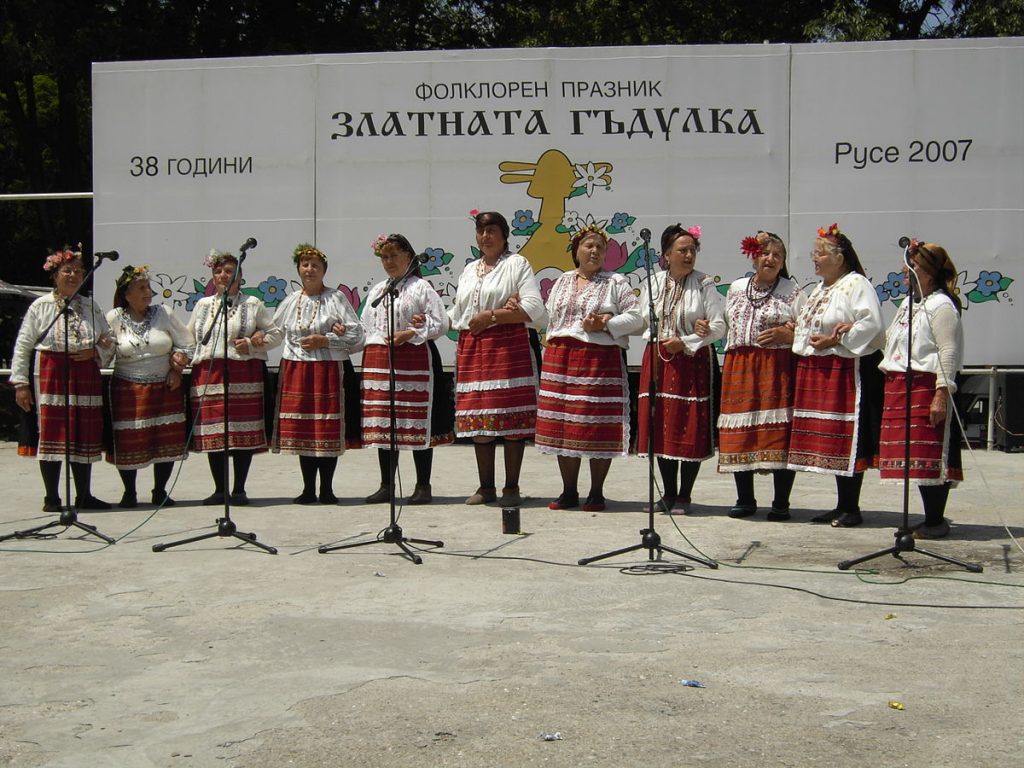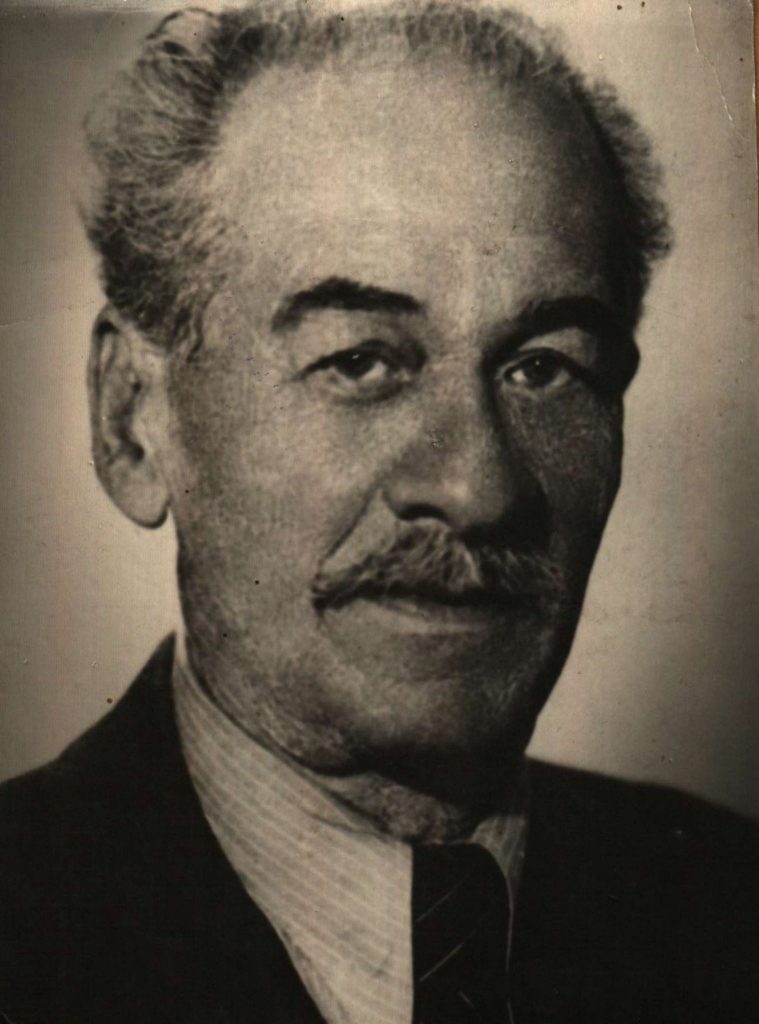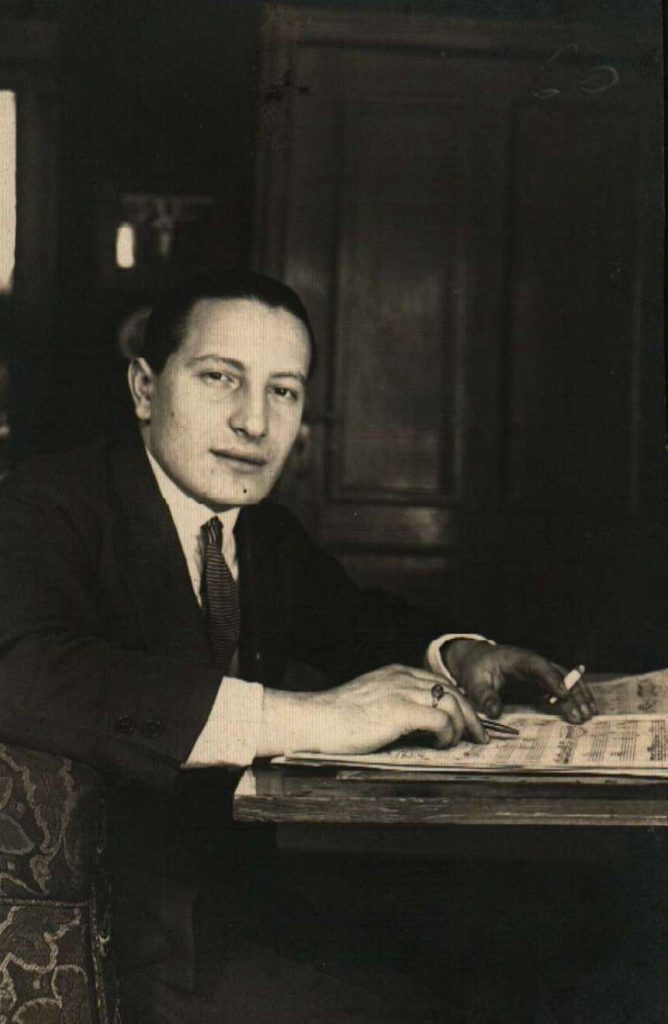Introduction
from the Middle Ages, unknown / Public domain
The roots of Bulgarian music go back to the Thracians in the 8th century BC. Orpheus, the singing hero of Greek mythology, also came from these Thracian mountains. His singing tamed wild animals and even made trees and rocks dance. Since then, songs, dances and instrumental tunes have created a rich folk music repertoire. A lively mix of styles from the Orient and Occident makes the music from Bulgaria unique in the world.
Bulgarian rhythm voices dances
Some fascinating facts about bulgarian music
Bulgarian Folk Music
Characteristic of Bulgarian folk music are its asymmetrical rhythms, which are characterized by odd and changing time signatures and were called "Bulgarian rhythms" by Béla Bartók. They are joined by monophonic singing, which varies not only rhythmically but also in its pitch.
Bulgarian voices
Especially the fusion of ancient Greek elements, Gregorian chant, folk epics, lamentations and oriental influences helped the songs of Bulgarian women's choirs to become famous all over the world. The unique sound and pitch range of the Bulgarian voice was immortalized on a golden record, which was sent into space as a message in 1977. The popular Rhodope folk song "Islel e Delju Hajdutin" by the singer Walja Balkanska could be heard. Even today the extraordinary range of the Bulgarian voice still causes a sensation.
Sir James / CC BY-SA, via Wikimedia Commons
Kmniko at the Bulgarian language Wikipedia, CC BY-SA 3.0, via Wikimedia Commons
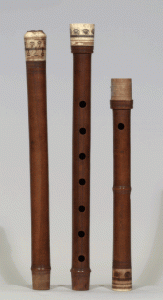 Source: Kaval
Source: Kaval Sketchee at en.wikipedia / Public domain
Bulgarian dances
The dances are performed with instruments typical for the country (e.g. the flute Kaval, the bagpipe Gaita and the knee-high violin Gusla). A large part of the folk music has been preserved in its original form thanks to the five hundred years of Turkish occupation and has survived the changes of time.
Bulgarian Art Music
The establishment of a Bulgarian Art Music took place with the foundation of the state in 1878. The first composers like Panajot Pipkov (* 1871, † 1942) and Dobri Christov (* 1875, † 1941) were inspired by the rich folk music repertoire and created mainly works for choirs, military bands and symphony orchestras. The liturgical music goes back to the Byzantine church songs translated into Slavonic by Cyril and Methodius and brought to Bulgaria by their students.
Bulgaria and the west
In addition to the preservation of folk music tradition, this country has strong traditions in classical music education and a great love of European classics. Every major city has a symphony orchestra, many also have opera houses. Pancho Vladiguerov is Bulgaria's most famous classical composer. Bulgarian composers have also shaped the classical soundscape of the 20th century. In addition, many trained opera singers achieved worldwide popularity. Among them are singers like Nikolai Gyaurov, Gena Dimitrova, Raina Kabaivanska, Anna Tomowa-Sintow and Boris Christoff - one of the most renowned opera basses of the 20th century - to name a few. Contemporary Western European compositional techniques such as the twelve-tone technique or the use of atonality were used in the works of Wasil Kasandjiev (* 1934) and Veselin Stojanov (* 1902, † 1969). The emerging communist dictatorship, however, prevented further cultural exchange and instead forced patriotic and ideology-conforming works. In recent years, a variety of pop folk or ethno music styles such as "Shalga" have developed in Bulgaria, which have emerged as crossovers from the most diverse contemporary music forms and the heritage of traditional Bulgarian folk music.
Bulgaria's famous composers
Panayot Pipkov & Vladigerov Pancho
the composer
Panayot Pipkov
Panayot Pipkov belongs to the first generation of Bulgarian composers. He is among the pioneers of the Bulgarian professional musicians. He is Lubomir Pipkov’s father.
He started playing the violin since an early age, he sang in the choir of Georgi Baydanov and wrote poems. He took part as an actor in the Amateur Theatre Company in Plovdiv (1887), the Osnova Theatre (1889), the drama section of the Sofia Drama Company, and Salza I Smiah Theatre (1892). Thanks to the efforts of the actors from Salza I Smiah Theatre he was sent to study music in Milan, Italy (1893-95). Since 1899 he consecutively conducted the music societies in Varna and Ruse, taught music in Lovech (1900-05) and in Sofia (at the First and Second Girls’ High Schools, as well as at the Pedagogic Girls’ School).
Concurrently, he conducted amateur choirs and orchestras and built up their repertoire. He took part in the Balkan War as a bandmaster. In 1918 he was conductor at the Free Theatre, then first conductor of the Georgi Kirkov Choir (1919), chorus master at the Sofia Opera (1920-21), actor and musician at the Sofia Drama Theatre (1923) and conductor of the wind band of the City Police (1924-1930). He was also journalist and playwright.
He composed two childrens‘ operettas; folksong medleys and marches for wind orchestra; piano pieces; choral songs; pieces for violin; theatre music, etc. His piano pieces are among the first Bulgarian works in the genre.
His most popular choral songs are „Hymn of Cyril and Methodiu“s, lyrics by Stoyan Mihaylovski (1901) and the song Sweet-voiced Lark, lyrics by Tzvetan Kalchev (1903), which was included in the childrens‘ operetta „The Cricket and the Ant“ (1910). The other childrens‘ operetta Children and Birds was very popular, too. His children’s and school songs were published in three collections (1902, 1903, 1904).
the composer
Pancho Vladigerov
Pancho Vladigerov played the piano and composed since early age. He was 10 when he started studying composition with Dobri Hristov in Sofia. After his father’s death in 1912, he moved to Berlin with his mother and his twin brother (the violinist Luben Vladigerov), where he enrolled at the „Staatliche Akademische Hochschule für Musik“ and studied music theory and composition with Professor Paul Juon and the piano with H. Barth. In 1920 he graduated from the Akademie der Künste having studied composition with Professor Gernsheim and Professor Georg Schumann. He won twice the Mendelssohn Prize of the Academy (in 1918 and 1920). He worked for Max Reinhardt at the Deutsches Theater in Berlin as a composer and pianist (1920-32) before returning to Sofia where he was appointed reader and then Professor (from 1940) of Piano, Chamber Music and Composition at the State Academy of Music, which after his death was named after himself. He composed a lot in a variety of genres. He is author of an opera; ballet; symphony music; five piano concertos; two violin concertos; chamber music; transcriptions of instrumental pieces; folksong concert arrangements for voice and piano/orchestra; songs for voice and piano; choral songs with piano/orchestral; music to the theatre performances of the Deutsches Theater in Berlin, the Theater in der Josefstadt in Vienna, the National Theatre in Sofia, etc. The world got acquainted with Pancho Vladigerov’s work in the 1920s when his pieces were published by the Universal Edition Publishers in Vienna and were released on LP by the German recording company Deutsche Gramophon before being performed throughout Europe and the USA. As a pianist and composer he toured most of the European countries performing his own works. In 1969 he was awarded the Gottfried von Herder Prize. Now a national and international competition for pianists and violinists held in Shumen has his name. The Bulgarian recording company Balkanton released an edition of his stage and symphony music in four sets of seven LPs each. Several works of his such as the Bulgarian Rhapsody “Vardar” for instance are considered to be emblematic of the Bulgarian music.

